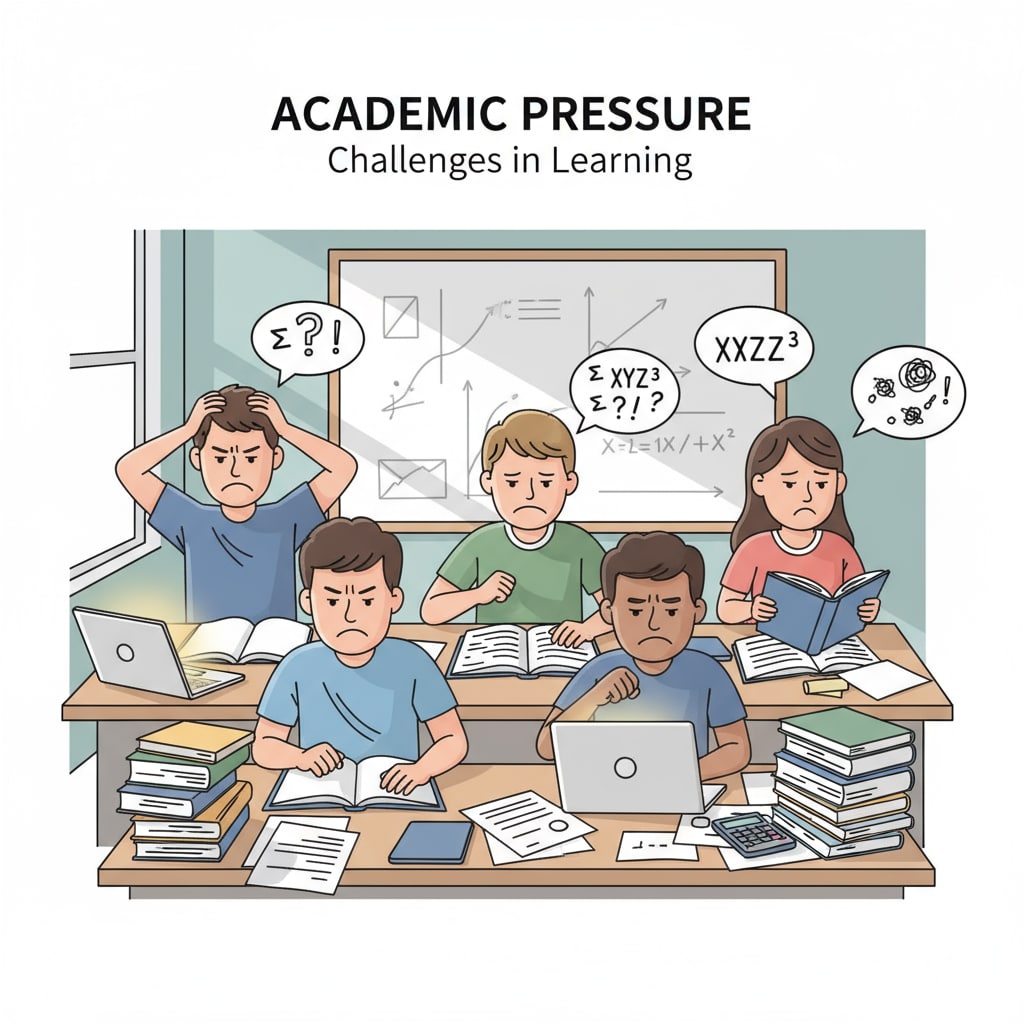Learning difficulties, self-denial, and mental exhaustion are prevalent issues among K12 students. These problems can significantly impact a student’s academic performance and overall well-being. In this article, we will explore the causes, effects, and strategies to address these challenges.

The Causes of Learning Difficulties
Learning difficulties can stem from various factors. One common cause is a lack of proper study skills. Many students struggle because they don’t know how to effectively organize their time, take notes, or prepare for exams. According to Education.com, learning disabilities such as dyslexia or ADHD can also contribute to learning challenges. Additionally, external factors like a chaotic home environment or ineffective teaching methods can play a role.
The Vicious Cycle of Self-Denial
When students face learning difficulties, they often start to doubt their abilities, leading to self-denial. This self-denial can further exacerbate their problems. As they believe they are not good enough, they may lose motivation and become less willing to put in the effort. This creates a vicious cycle that is hard to break. Psychology Today emphasizes the importance of building self-esteem to overcome such issues.

Mental exhaustion is another consequence of learning difficulties and self-denial. Constantly struggling and feeling inadequate can take a toll on a student’s mental health. They may feel tired, irritable, and lose interest in activities they once enjoyed. This not only affects their academic performance but also their social and emotional development.
Readability guidance: By understanding the causes and effects of learning difficulties, self-denial, and mental exhaustion, we can take steps to help students overcome these challenges. In the next section, we will discuss some effective coping strategies.


